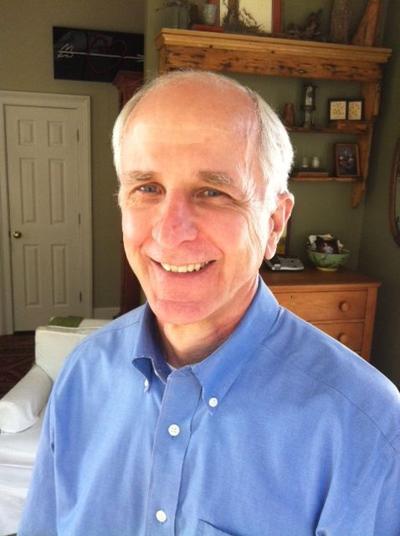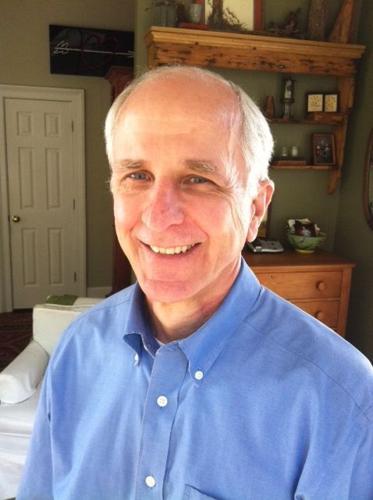It is natural to slow down physically as you age but significant declines are not necessarily inevitable nor should they be expected . All you have to do to minimize some physical declines is to keep moving and become a lifelong exerciser. Start early and don't slow down once you pass middle age.
Gretchen Reynolds has recently reported in the New York Times about a study that suggests that lifelong exercise may help to keep your body 30 years younger.
The article that she mentioned was published in August of this year in the Journal of Applied Physiology.The authors were interested in those of us who began to exercise on a regular basis during the fitness boom of the 1970s. This would include jogging ,swimming, cycling and other forms of movement on a regular basis. They defined a group of Life Long Exercisers/LLE who in general averaged five days a week up to hours per week for almost 52 years. This group was compared to those of a similar age who did not exercise and also to a group of active younger adults in their 20s .
Muscle biopsies were examined for capillary counts and certain enzyme levels.The biopsies of the LLE group were similar to those of the younger group. The LLE group also had higher aerobic capacities than other non-exercisers their age making them appearing about 30 years younger than their chronological age.
Naturally we age daily and some form of decline is natural. Sometimes this decline leads to frailty in later ears but the good news is that significant declines in strength and aerobic capacity need not be a reason to avoid exercise as we age. Also older adults who exercise regularly have healthier brains, immune systems and muscles than those of a similar age who have chronically been sedentary.
Most studies concerning senior adult athletes have not reported on recreational athletes. This study highlights the benefits of those who took up exercise as a hobby over 50 years ago. Other factors not examined in this study include genes, lifestyle, income as they do have some influence on outcomes. However, it appears that regular exercise over the years and decades may help to prevent frailty in later years. In other words , the physical deterioration of aging may not always be inevitable or at least can be minimized by regular physical exercise.




